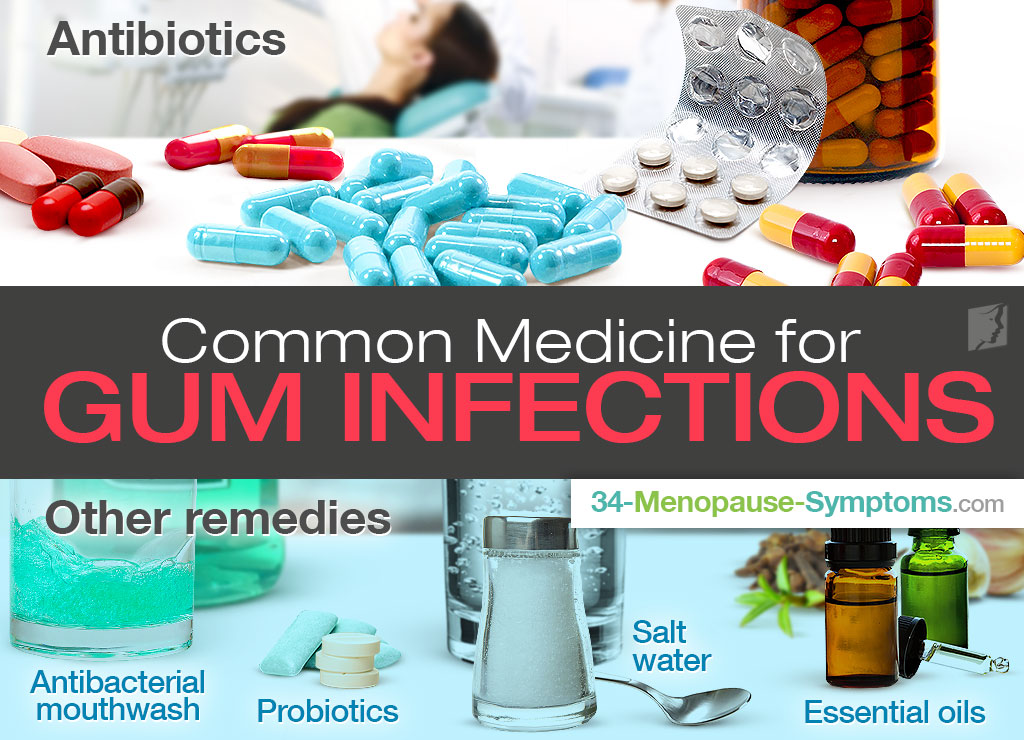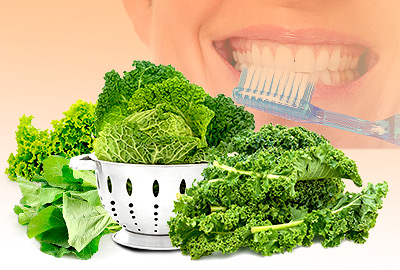Depending on the severity of the condition, there are different medications that can be administered for treating gum infections. In the early stages, it is possible to mitigate an infection solely with the use of at-home, natural remedies; however, this might not be possible if it has developed into a more severe state. In the latter circumstance, it is likely that prescribed medication such as antibiotics will be necessary. Read about common medicine like antibiotics for gum problems.
Antibiotics
Dentists and doctors tend only to prescribe antibiotics as a last resort. This is because many bacteria are resistant to them, and the more antibiotics are administered, the less effective they are against infections.
Usually, if a gum infection has gotten to a severe degree, at this stage it is referred to as periodontal disease. If other treatments are ineffective, antibiotics will be required; there are different sorts that can be used depending on the type of bacteria that is causing the infection. The most common antibiotics are:
- Tetracycline-HCL
- Metronidazole
- Penicillin
- Doxycycline
- Ciprofloxacin
- Clindamycin
These should all be administered in accordance with the instructions provided to guarantee their effectiveness.
Other Remedies
There are several recommendable medicines that can be taken for gum infections before they reach the above stage. These can either be natural, at-home remedies or mainstream synthetic products.
Antibacterial mouthwash. There are many different kinds of mouthwash available benefitting oral health. Antibacterial kinds are particularly adept at discouraging infections because they help the gums fight off bacteria.
Probiotics. New dental research suggests that probiotics designed for supporting oral health are worthwhile for treating gum infections. Chewing gum or lozenges containing probiotics have proven to be especially proficient for this treatment.
Essential oils. Some women prefer to apply natural ingredients before the use of harsher medication. Garlic, tea tree, and clove oil can all be good options for gum infections because of their antibacterial and pain-relieving properties.
Salt water. A saline solution of about half a teaspoon of salt in warm water is often very effective in relieving oral infections. This is because the salt dries out the bacteria, effectively killing them.
It is important to find the right medicine for gum infections, particularly because antibiotics can become ineffectual if used unnecessarily. Oftentimes infections can be cleared up with the use of natural ingredients, and many women find that if they feel the onset of an infection in the gums, it is possible to deter it straight away with just one or two gargles of salt water or mouthwash. To know how to treat gum infection, read more facts about gum problems in women.
Sources
- Canadian Dental Association. (2009). Probiotics for Oral Health: Myth or Reality? Retrieved May 19, 2017, from https://www.cda-adc.ca/jcda/vol-75/issue-8/585.pdf
- Indiana State Department of Health. (n.d.). Inflamed or Irritated Gum Tissue. Retrieved May 19, 2017, from http://www.in.gov/isdh/18741.htm
- National Health Service UK. (2016). Gum disease - Treatment. Retrieved May 19, 2017, from http://www.nhs.uk/Conditions/Gum-disease/Pages/Treatment.aspx


